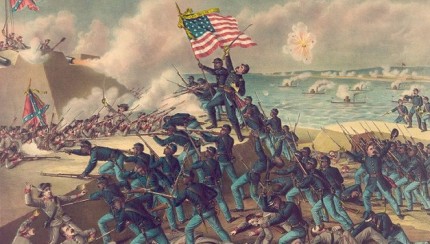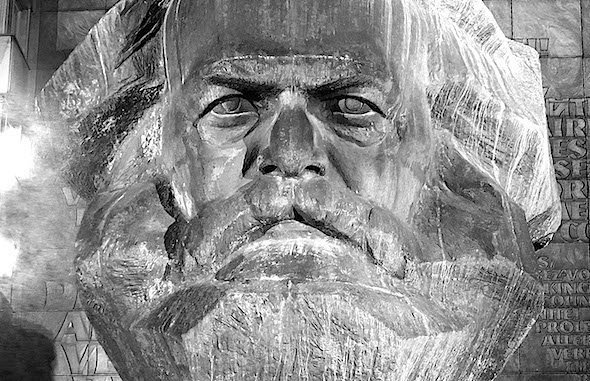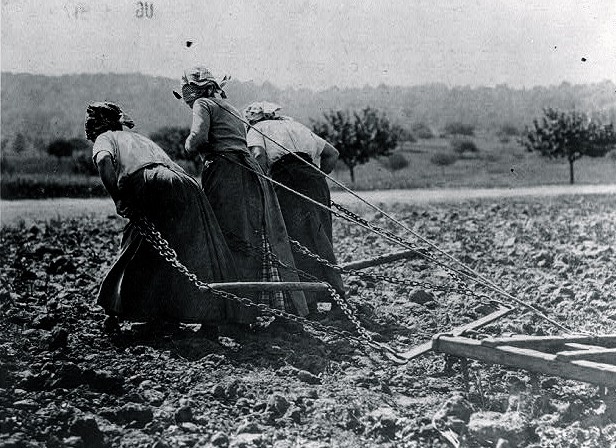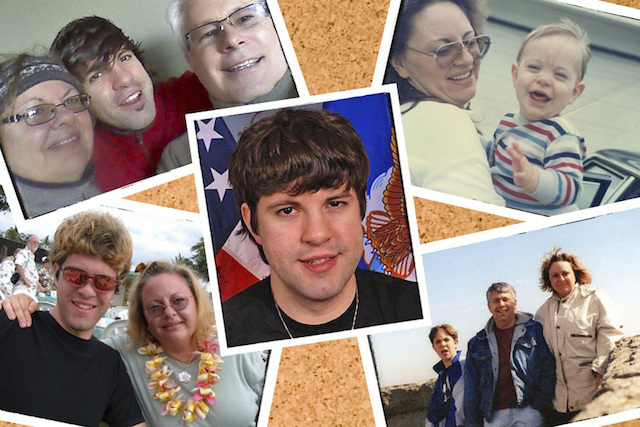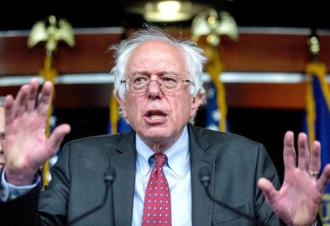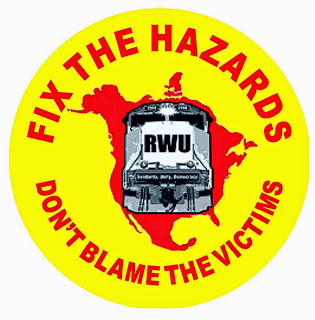One hundred and fifty years ago, on June 2, 1865, Confederate General Edmund Kirby Smith, commander of Confederate forces west of the Mississippi, signed the Union Army’s terms of surrender. This marked the final end of the Civil War which, as Patrick Ayers explains, can also truly be described as America’s Second Revolution.
Read More: 1865: A Revolutionary Turning Point in U.S. History | Socialist Alternative
